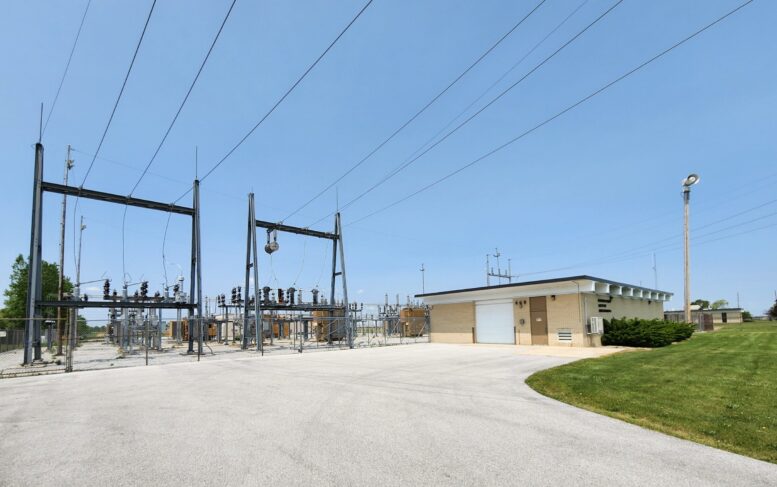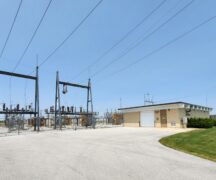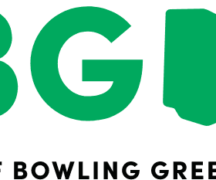By JAN LARSON McLAUGHLIN
BG Independent News
When the power goes out, Bowling Green city offices and police division get flooded with phone calls. To stem the tide of emergency calls, the city has contracted with a service to answer the calls and dispatch city electric crews.
Beginning Sept. 19, at 3:30 p.m., a Cooperative Response Center representative will answer all calls from Bowling Green electric customers using a toll-free number to report utility outages. The number will be made available on that day.
“This is to relieve pressure off police dispatchers and the utility office,” for electric, water or sewer issues, said Jim Odneal, assistant utilities director for Bowling Green.
When a squirrel takes out a transformer fuse, the city may get a handful of calls. But when a car crash takes down a pole, the city could get hundreds of calls, Odneal said.
Power outages are rare and short-lived in Bowling Green.
“Electricity is available to Bowling Green customers 99.9952% of the time, well above the national average. In the rare occasion that power is lost, Bowling Green customers have their power restored within an average of 25 minutes versus the national average of 108 minutes for a utility our size,” Odneal said.
But when the lights go out, people want to know how soon they will be back on. They don’t like being kept in the dark – literally or figuratively.
In July, the city became an associate member of CRC – a nationwide, cooperatively owned and operated, 24/7/365 contact center, alarm monitoring center, and software provider. It serves more than 530 members in 47 states from their four regionally located operations offices in the U.S.
Bowling Green officials selected a service to which residents can report power outages 24/7. The service would prevent the BG Police Division being swamped with phone calls from people without power, and would provide better communication during outages.
The expected cost for the call handling and dispatching is less than $50,000. Some of CRC’s costs depend on the number of calls CRC receives from Bowling Green customers which is difficult to predict, Odneal said.
Automated number identification will aid in the process by immediately identifying callers prior to the call being answered. This will give the service all of the pertinent information related to the customer. Customers who are not automatically identified will still be able to provide their information to the service to report the outage.
An outage report ticket will be generated, and a CRC dispatcher will immediately notify the appropriate BG Utilities personnel and coordinate the information to manage the outage event.
The dispatchers are experienced in navigating the complexities of assembling a crew, safety, communication, and efficiency, according to Odneal. They will follow customized instructions specific to Bowling Green utilities and maintain contact with crews throughout the restoration process until completion.
Once the issues have been resolved, the service can communicate with city customers notifying them that the restoration is believed to be complete. CRC also offers a web based outage tracking system called CRC Link that will allow staff to review outage information online and in real time.




